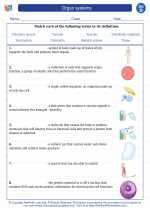Ions
An ion is an atom or molecule that has gained or lost one or more electrons, giving it a positive or negative electrical charge. This charge makes the ion different from the original atom or molecule. Ions are formed when atoms or molecules gain or lose electrons in order to achieve a stable electron configuration.
Types of Ions
Cations: These are positively charged ions formed when an atom loses one or more electrons. For example, when a sodium atom loses one electron, it forms a sodium cation with a 1+ charge (Na+).
Anions: These are negatively charged ions formed when an atom gains one or more electrons. For example, when a chlorine atom gains one electron, it forms a chloride anion with a 1- charge (Cl-).
Study Guide
- What is an ion?
- How are cations formed?
- Give an example of a cation and its charge.
- How are anions formed?
- Give an example of an anion and its charge.
- Why do atoms form ions?
- What is the difference between a cation and an anion?
Understanding ions is important in various fields of science, including chemistry and physics. It is also essential for comprehending concepts such as chemical bonding and electrical conductivity.
[Ions] Related Worksheets and Study Guides:
.◂Science Worksheets and Study Guides Fourth Grade. Organ systems

 Worksheet/Answer key
Worksheet/Answer key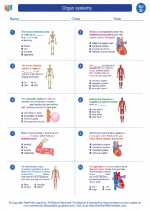
 Worksheet/Answer key
Worksheet/Answer key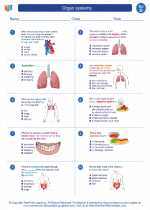
 Worksheet/Answer key
Worksheet/Answer key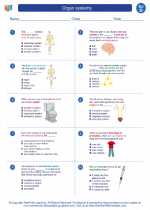
 Vocabulary/Answer key
Vocabulary/Answer key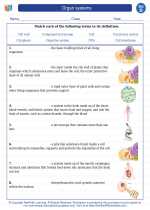
 Vocabulary/Answer key
Vocabulary/Answer key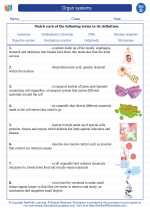
 Vocabulary/Answer key
Vocabulary/Answer key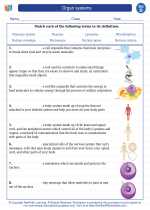
 Vocabulary/Answer key
Vocabulary/Answer key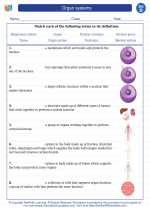
 Vocabulary/Answer key
Vocabulary/Answer key